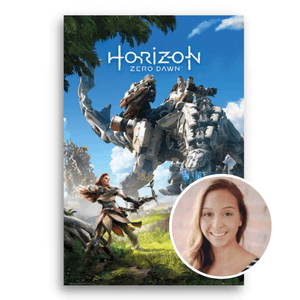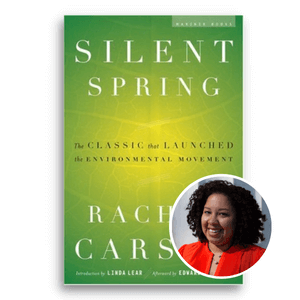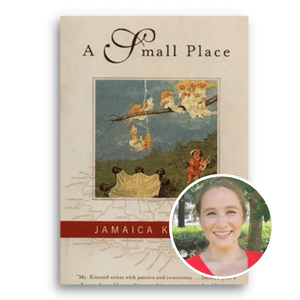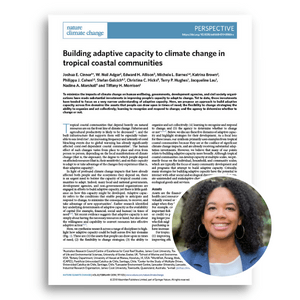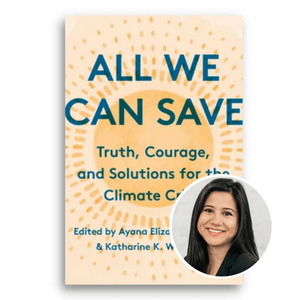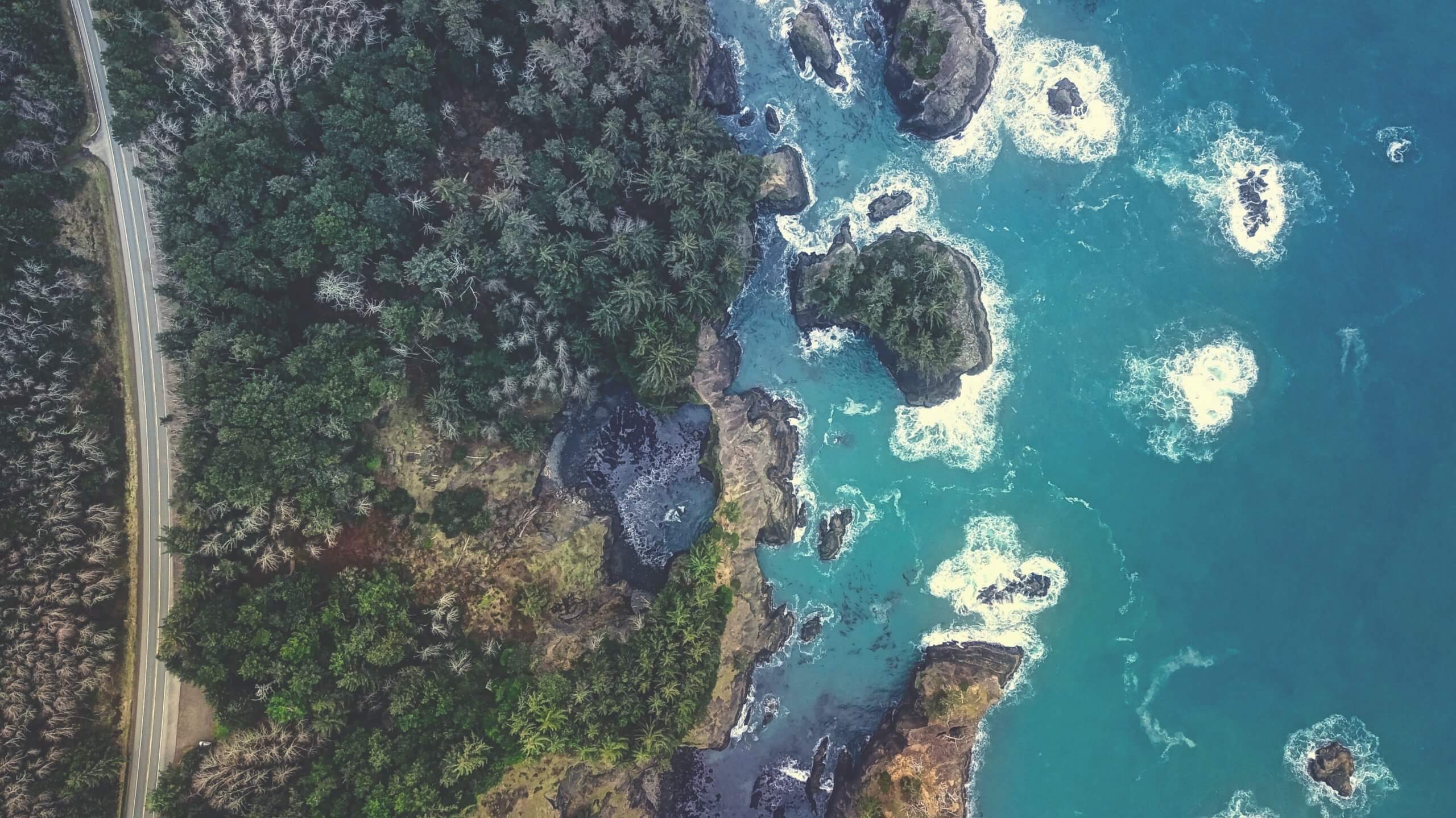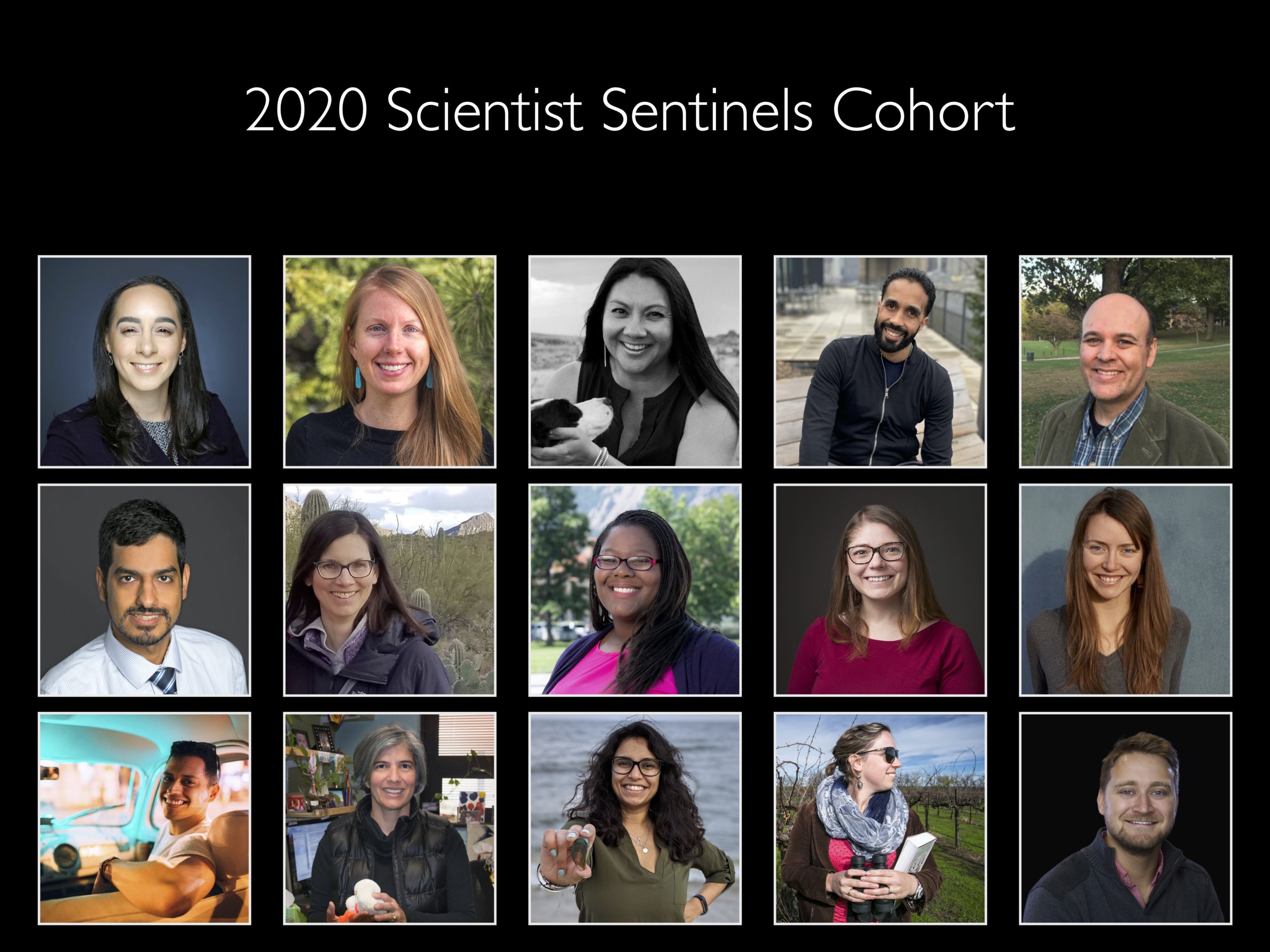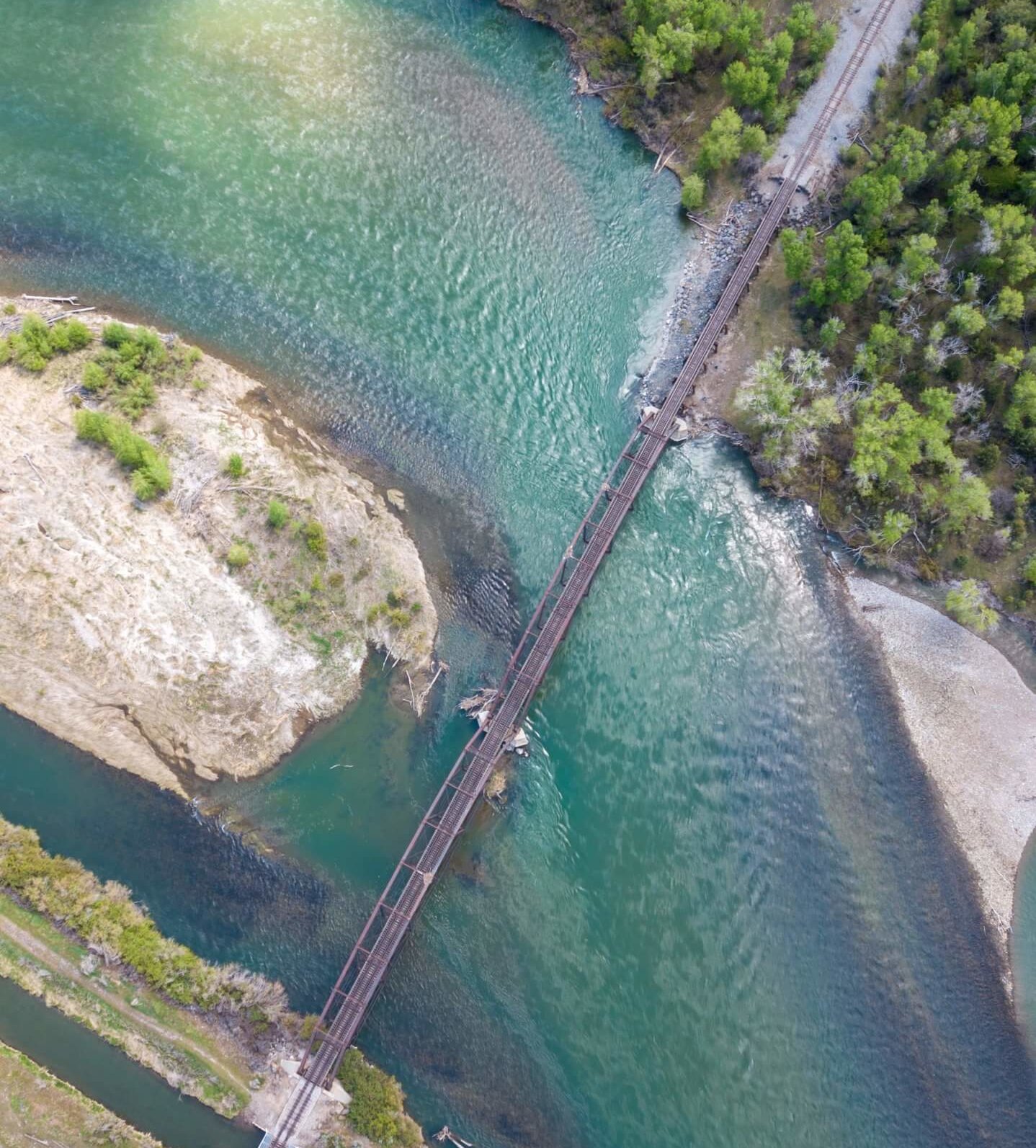The COMPASS team has grown in the last few months! This year we’ve welcomed six fantastic new people on our team to help us meet our ambitious plans for the future. As fall is a time for reflection, we wanted to ask our new staff members to share a piece of content that has had an impact on their work and life. We hope their recommendations give you a glimpse into their personalities and the breadth of passion and experience at COMPASS. And, perhaps, you also find some inspiration for your next read (or game!).
Lauren Mariolis, Program Assistant
Horizon Zero Dawn by Sony Interactive Entertainment
“Horizon Zero Dawn is a brilliant story that takes place in the far distant future after humanity (as we know it) destroyed itself and the Earth centuries earlier. You play the game as Aloy, an outcast & extremely skilled archer, who sets out to uncover her past, all while navigating a pristine planet that is completely overrun by machines. I found this story so captivating because it illustrates a very dark, very possible future for our people and planet – a future that we can avoid if we dedicate ourselves to sustainability and justice.”
Nicolle Etchart, Science Communications Associate
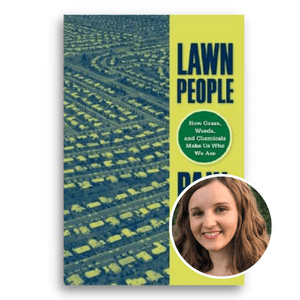
“Paul Robbin’s Lawn People came out just before I started my graduate degree in geography. Geographers have a long tradition of writing about the ways in which people shape the landscapes we come to see as ‘natural’, but Lawn People takes this full circle and looks at how ‘natural’ actors, like turfgrass species, also play a role in shaping us. In Lawn People, Robbins takes one of the most mundane landscapes–the American lawn–and asks, how did lawns and lawn people come to be? One startling finding from the book is that people who use lawn chemicals are more likely to know about their environmental hazards than those who don’t use lawn chemicals. What’s more, they use lawn chemicals despite feeling anxious about doing so. For me, this finding brought home a lesson science communicators often share: simply giving people more information about ecological dangers isn’t enough. Instead, Lawn People shows us that our individual actions are often shaped by many vaster forces. In the book, neighbors, community norms, property values, the pesticide industry, and the ecology of turfgrass monoculture all connect to create ‘lawn people’, and each is a potential site of change.”
Robin Garcia, Science Communications Associate
“Silent Spring” by Rachel Carson
“I know this is one of those quintessential books that everyone in the environmental field reads, but reading it in graduate school really helped me place my aquatic toxicology research into the bigger picture of environmental protection. It also showed me the power of storytelling for connecting people and the environment.”
Christina Hoenow, Policy Engagement Fellow
A Small Place by Jamaica Kincaid
“This was one of the first books I read in grad school in a class about the environmental history of small island states and it truly was eye-opening. I knew history was written and told from the voice of the dominant force, so often the colonizing power, but I hadn’t ever truly read something told from the perspective of someone who had been a victim of colonization and what the true breadth and impact of that was. Kincaid is also just a spectacular author and tells stories about the Caribbean in a way that break through the dominant narrative of it as a ‘tropical paradise.’”
Victoria Moreno, Regional Engagement Fellow
“The framework of adaptive capacity found in the article not only guided my Master’s thesis but highlighted the importance of interdisciplinary research and bridging gaps between the public, policymakers, and scientists. The article inspired me to continue my quest to not stick with the norms of how work has been done before but expand my way of thought and adopt methods and critical thinking to tell more holistic stories about how people interact with the environment.”
Paola Estrada, Communications Manager
All We Can Save edited by Dr. Ayana Elizabeth Johnson & Dr. Katherine Wilkinson
“All We Can Save is a collection of writings from dozens of women in the climate movement, including scientists, policymakers, activists, poets, and artists, intended to center leadership rooted in connection and a steady commitment to justice. I read somewhere that the editors came up with the idea for the book out of frustration at the lack of recognition of feminine voices in the climate space. Rather than simply lamenting, they set out to create what was missing. This book has that energy. Amongst my many favorite pieces: ‘Wakanda Doesn’t Have Suburbs,’ ‘Solutions Underfoot,’ and ‘Being Human.’”
We’re excited for you to meet our new team members and can’t wait to share more about our plans for the coming years. Visit our About page to learn more about COMPASS’s team and mission and sign up for our newsletter to stay informed about new workshops and events.

